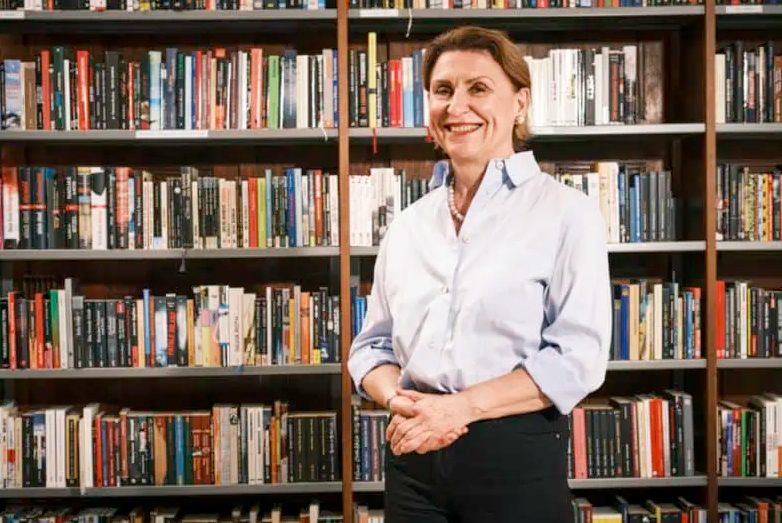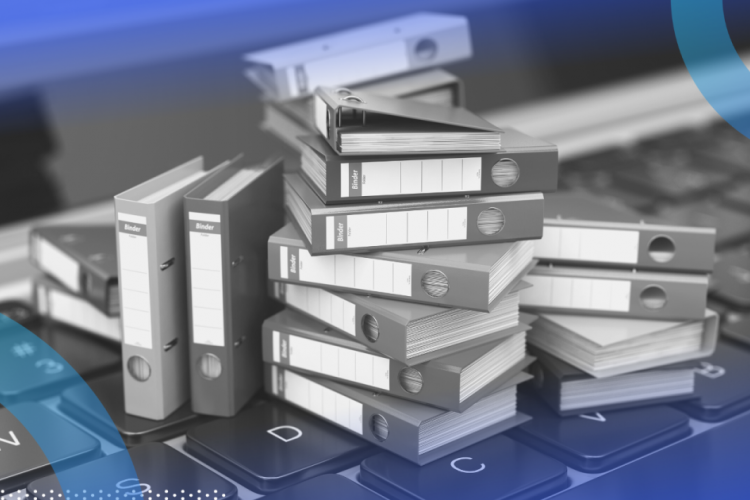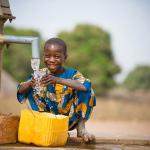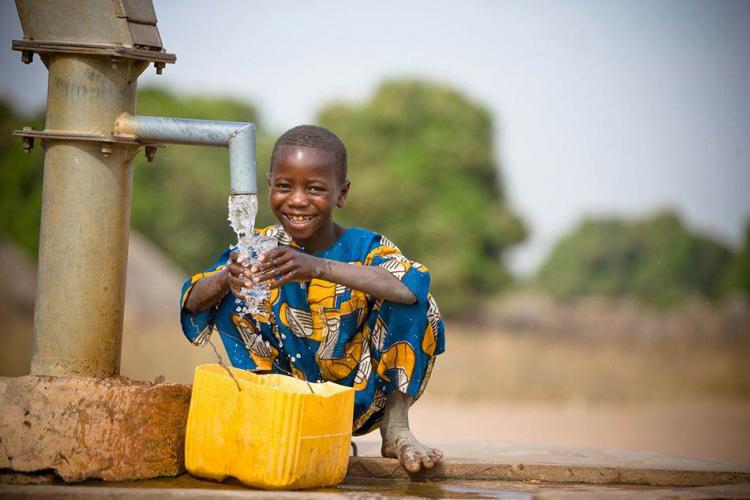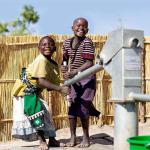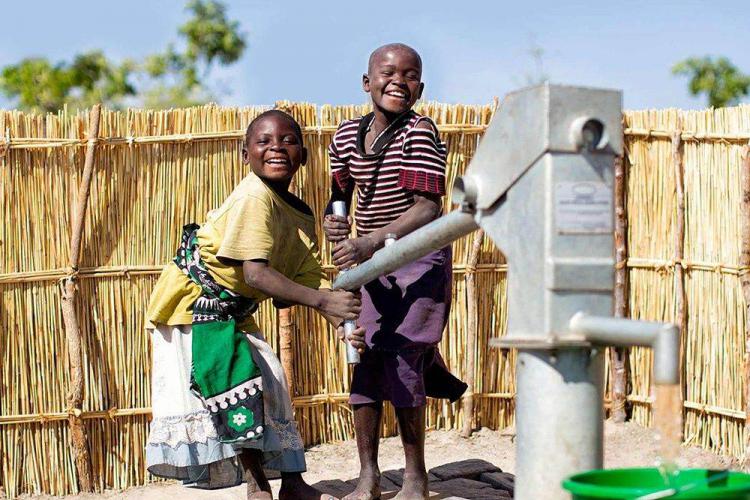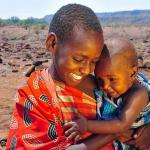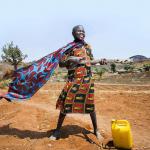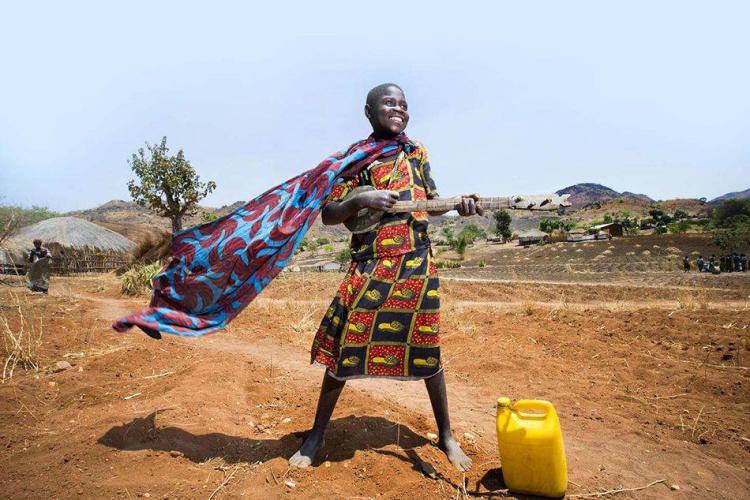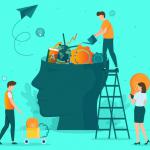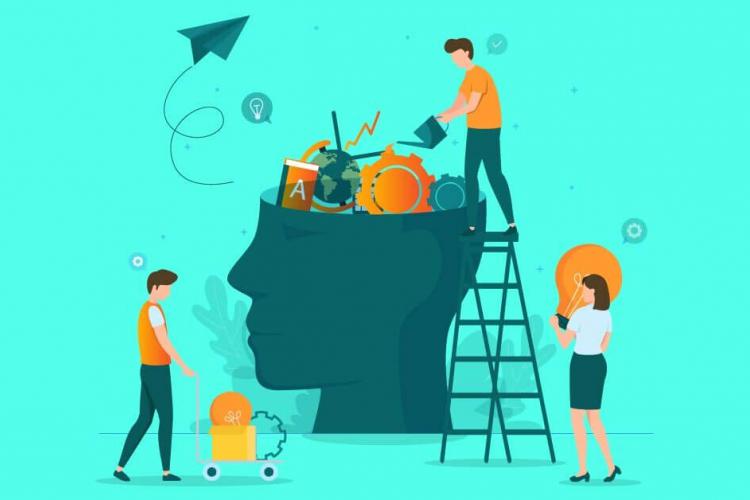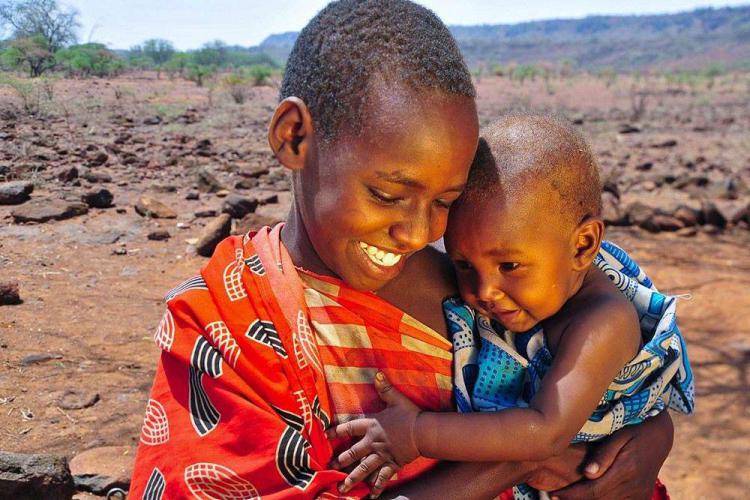Libraries Exist to Serve the Sustainable Development Goals”: An Interview with Barbara Lison
In 2017, the United Nations introduced the Sustainable Development Goals (SDGs) to establish a global framework. These goals consist of 17 interconnected objectives that outline specific targets and indicators, serving as benchmarks for measuring progress towards a sustainable future. They hold relevance for each and every stakeholder in society – including libraries. These even have a particularly important role to play, says Barbara Lison, President of the International Federation of Library Associations and Institutions (IFLA). Image of Barbara Lison, smiling in front of a book shelf IFLA President Barbara Lison (Image by IFLA) Why is that? Which SDGs specifically rely on the involvement of libraries? And what actionable steps can librarians take to contribute to the achievement of the goals? These are some of the questions we discussed with Barbara Lison, who, apart from her role as IFLA President, has served as the Director of Bremen Public Library for over three decades. In her work, she is particularly dedicated to library policy and the advancement of libraries for the future. The interview was conducted by Alexandra Hinz from De Gruyter. Alexandra Hinz: Before we get into our main topic, can you tell us a little bit about IFLA and its objectives? Barbara Lison: Yes, IFLA is the voice for libraries. The national library associations are our core members, and institutions – mostly libraries – can be members, too. We have about 1,500 members, which might not sound like a lot, but behind them stand millions of librarians and thousands of libraries. The IFLA ethos is to represent the libraries, their interests, and the interests of their users on the international level. To this end, IFLA partners with international organizations such as UNESCO, ICOM, or IPA. IFLA serves as a central point for library advocacy and also fosters professional development. With over 50 professional working groups, IFLA supports various types of libraries, including school, public, and national libraries, as well as specific areas such as document supply and supporting people with special needs. Additionally, there are special interest groups for newcomers in the profession and for artificial intelligence, and a group dedicated to tracking the latest developments in the library environment. In addition to the professional and advocacy tracks, IFLA has established a new orientation towards different regions. Previously, people from all over the world were involved in various working groups and advocacy efforts. However, IFLA has created six regional division committees, aligned with the United Nations’ regional schemes. Each committee has their own working plans and serves as an intermediary between IFLA’s highest governance and the national institutions and associations in respective regions. AH: One topic that IFLA is also dealing with are the Sustainable Development Goals (SDGs), which we want to talk about today. These goals consist of 17 interconnected objectives. Can you tell us which ones hold particular relevance for libraries?


